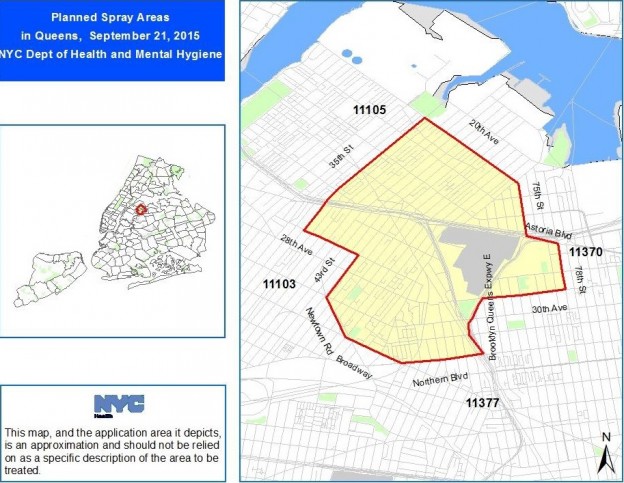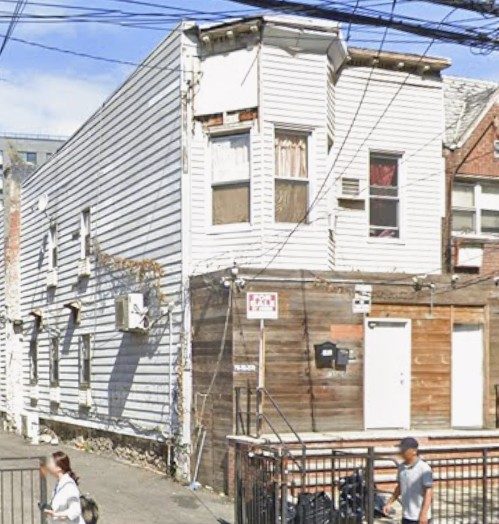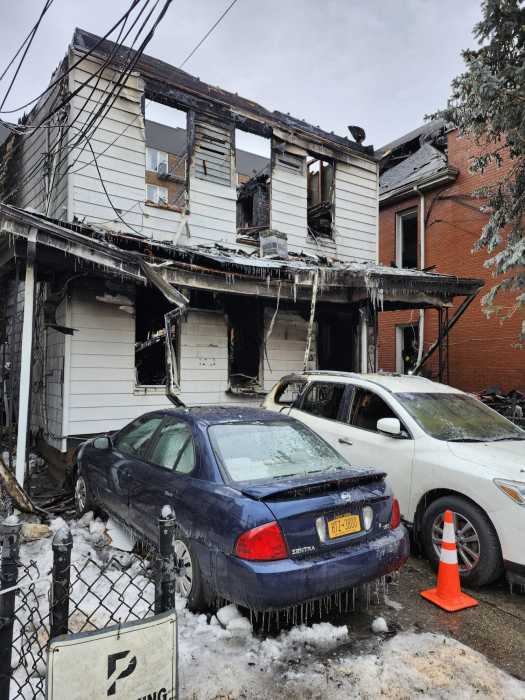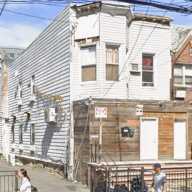In continuing efforts to reduce mosquito activity and the risk of West Nile virus, the Health Department will spray pesticides in several parts of Queens next week.
Pesticide trucks will be out spraying on Monday, Sept. 21, between 8:30 p.m. and 6 a.m. the following morning. In case of inclement weather, spraying will be delayed until Monday, Sept. 28, during the same time frame.
The following areas in Queens are scheduled to be sprayed:
- Parts of Astoria, Ditmars, Steinway and Woodside, bordered by 20th Avenue and 35th Street to the north; 28th Avenue, 43rd Street and Newtown Road to the west; Broadway and Northern Boulevard to the south; and Brooklyn-Queens Expressway, 30th Avenue, 78th Street, Astoria Boulevard, and 75th Street to the east.
- Parts of Blissville, Elmhurst, Sunnyside, Maspeth, Middle Village, West Maspeth, Ridgewood, and Woodside, bordered by Queens Boulevard and Thomson Avenue to the north, 29th Street and Dutch Kills to the west; The Long Island Rail Road (LIRR) and Metropolitan Avenue to the south; and the LIRR to the east.
- Parts of Forest Park, Richmond Hill, and Woodhaven, bordered by Metropolitan Avenue, Union Turnpike, and Myrtle Avenue to the north; Forest Park Drive, Park Lane South, and 88th Street in the west; 101st Avenue to the south; 104th Street, Jamaica Avenue, 115th Street, and Park Lane South to the east.
For the sprayings, the Health Department will use a very low concentration of Anvil 10+10, a synthetic pesticide. When properly used, the spray poses no significant risks to human health.
To minimize direct exposure to the spray, the Health Department suggests taking several precautions:
First, whenever possible, stay indoors during spraying. People with asthma or other respiratory conditions are encouraged to stay inside during spraying since direct exposure could worsen these conditions.
Air conditioners may remain on, but to reduce indoor exposure set the vent to closed. Remove children’s toys, outdoor equipment, and clothes from outdoor areas during spraying. If outdoor equipment and toys are exposed to pesticides, wash them with soap and water before using again. If exposed to pesticides, wash exposed skin and clothing with soap and water.





































